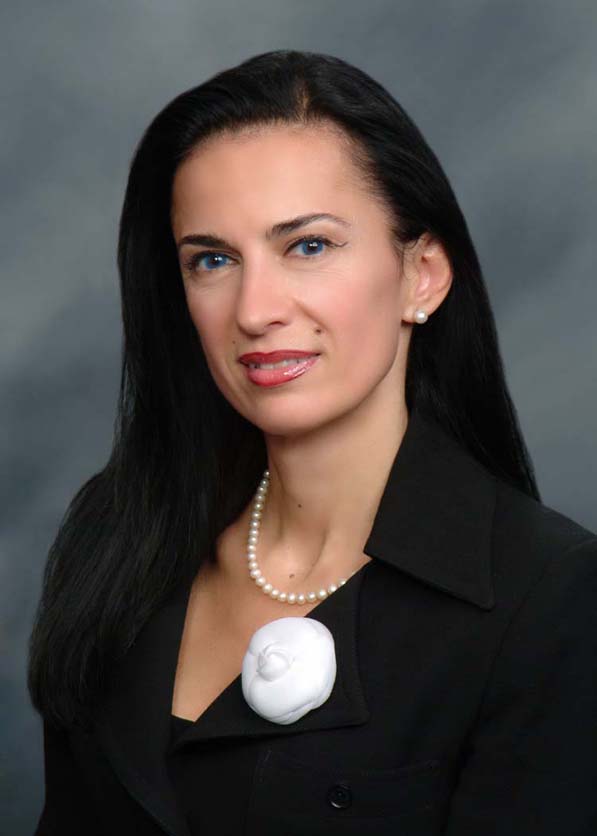The idea to train returning veterans for jobs in the IT industry was a no brainer for Gene Waddy. The unemployment rate in IT is about 2 percent, which is slim compared to the overall US jobless rate. “There is a shortage of qualified IT workers in the US, and our colleges and universities are not graduating enough computer science and information systems majors to keep up with demand,” says Waddy, founder and CEO of DIVERSANT, the largest African-American-owned IT staffing and solutions firm in the United States.
With all the press about returning veterans unable to find jobs, Waddy saw a great solution to his firm’s challenge. “They may not necessarily have experience in IT,” he says. “But they’re disciplined. They’re used to working hard. They take direction well. They’re dependable. And not only is it smart business, it’s the right thing to do.”
In September, DIVERSANT launched STAR, a program that offers US veterans who qualify—they must have a high school diploma and have been honorably discharged—a career path in IT. During the program, veterans receive entry-level training at an accredited facility and the opportunity to work on-site at one of DIVERSANT’s Fortune 500 clients. To locate potential students, the firm attends veterans job fairs and contacts veterans organizations that are dedicated to helping returning soldiers find work.
Partnering with the Avtech Institute of Technology in South Plainfield, New Jersey, a customized syllabus is designed for each client. Veterans accepted into the program receive three weeks of intensive instruction at one of Avtech’s facilities. Upon completion, they take a test, and are given certificates from both Avtech and DIVERSANT. They then become DIVERSANT consultants and are placed with the client. Once there, “they receive on-the-job training, as well as company mentors that help them with both the work and the transition from the military to the corporate environment,” says Gregory Boquist, DIVERSANT’s vice president of marketing and product development. Veterans then work as a DIVERSANT consultant for a period of one year. Following this, the client has the option of converting them to full time, or they may be moved to another client.
Getting to Know
Gene Waddy
What motivates you most in life?
Right now DIVERSANT is my life. I want to build something that’s going to last and provide opportunities to employees, owners, and consultants, and their families. That motivates me. I feel like what we’re doing will transcend us, and that’s a goal of all of ours.
Where do you see yourself in five years?
Right where we are today, leading the charge for bigger and better things. I want DIVERSANT to be a $200 or $300 million company. We’re staying true to our core mission and staying cutting edge. We’re not going to stop doing that.
What leads your day to day?
We have an outside-in philosophy. We listen to the needs of our clients, candidates, and employees, and try to come up with solutions that solve problems. Rather than push orders down from the top, we instead take all the input in from everyone around us and use that to come up with solutions.
When Michael Isaacman, DIVERSANT’s executive vice president of business development, first approached clients with the idea, it was well accepted. “The beauty of the training program is we can work closely with the client to customize the training to fit their specific needs,” he says. “The client that the September class was being trained for had a demand for quality assurance testing and Java development. Another client needs internal auditing and quality control, while a third client is in discussions with us about building out a program for more infrastructure. There’s also a need for security or network administration, network engineering, and desktop support.”
Keeping jobs in America also keeps costs down for the client. “Given the lack of domestic IT talent, a lot of IT jobs are being filled with higher-paid foreign contractors, who require H1B Visas,” Waddy says. “While they are hard working and possess the requisite skills, relying on foreign workers often presents challenges to both our clients and us. By training American citizens to perform these jobs we can save a client over $200 a day on a single resource. I speak with a lot of C-level executives and domestic job creation really resonates with them. So growing the population of US-educated talent is a long-term strategy for us.”
DIVERSANT is looking at developing training partners throughout the country and securing travel expenses through the GI Bill for veterans who don’t live near a facility. “Our motto is ‘lift as you climb,’” Waddy says. “That is the core of everything we do, whether it’s for veterans, for minorities, seniors, or any other diversity group. We’re always looking for new ways to promote our business through helping others. If we stay focused on that path, we can’t go wrong.”

